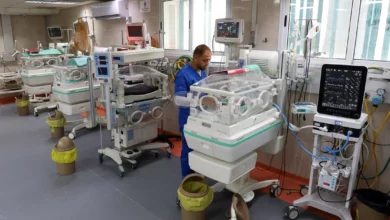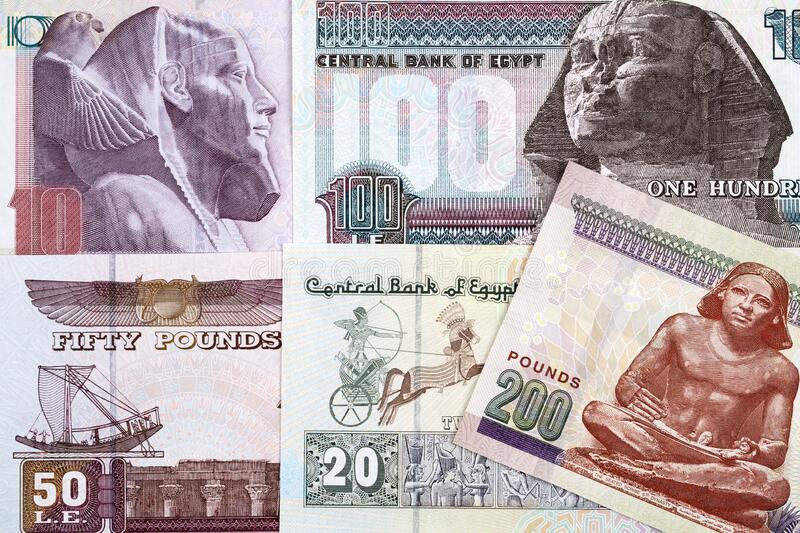Egypt has struggled to obtain bank payments for its fuel purchases, trade sources said, delaying diesel supplies for transport, industry and agriculture ahead of the second round of an election vote.
The payment problems have caused shipping delays and prompted some suppliers to think again before offering oil into a forthcoming US$1 billion import tender, half a dozen trade sources, including current suppliers, told Reuters.
They said delays of up to two weeks in deliveries were a regular occurrence ahead of peak summer demand for diesel, blaming Egypt's difficulties in obtaining letters of credit from banks.
An official at the Egyptian General Petroleum Corp (EGPC) denied this.
A trader involved in the transactions said banks were increasingly nervous with loans and required additional assurances as Egypt's stretched finances made it harder to pay for its heavy fuel subsidies bill.
"There has been a queue of (oil) product vessels in Egypt that are waiting for letters of credit," said a second trader working for a Swiss-based trading house.
Fuel shortages have already caused anger this year and have delayed the harvest. Long lines at fuel stations in central Cairo were forming on Thursday, causing large traffic jams in some main thoroughfares.
Amr Moussa, a former foreign minister and a leading figure in Egyptian politics since last year's overthrow of autocratic leader Hosni Mubarak, criticised the army-backed government's handling of the fuel shortages.
"People trust governments who do not leave them in the dark," Moussa said on Twitter.
"This is not how matters should be managed."
An official for EGPC who declined to be named denied that there were delays to shipping and access to financing.
"This is not true at all. All the vessels have been arriving on time…There are no payment problems," he said.
EGPC is seeking to buy more than one million tons of gasoil, or diesel, from July to September worth around $1 billion via a tender that closed this week — almost as much as it sought in the preceding six months.
Reuters AIS Live shipping data this week showed that there are typically somewhere between 6-10 oil product tankers anchored off Egyptian oil ports, although it was not possible to verify which ones were affected by payment problems.
Some of these tankers are deliveries from EGPC's last gasoil tender, which closed in March.
One supplier affected by the disruptions said its tankers were finally starting to unload on Thursday after being held up.
Suppliers walk away
Shipping delays can cut or eliminate oil traders' profit margins through additional waiting fees — "demurrage" costs.
Traders said these amounted to between $15,000-$25,000 a day depending on the size of the vessel.
The recent delays could further shrink Egypt's pool of suppliers participating in tenders, which has already fallen since the revolution, the traders said.
"Taking into consideration extra demurrage for sure there are some companies not offering anymore," said a trade source. Another source said that those able to continue supplying Egypt are likely to ask for premiums on fuel sales.
Trade sources said that last year EGPC issued a tender to import products on an open credit basis but payments were held up beyond the agreed period and up to a year.
AOT Trading was a major supplier of gasoil into Egypt until last year but the company has since drastically reduced its deliveries due to the credit issues, a source familiar with the matter said.
AOT did not respond to a Reuters email requesting comment.
The payment issues also prompted supplier Naftomar to halt deliveries of liquefied petroleum gas, used for cooking and heating, although the firm's vessels have since returned to Egypt.
Trading firms Glencore and BB Energy are also among the recent suppliers of fuel to Egypt.
EGPC has also issued a tender to import three cargoes of Middle East crude oil between July and September. The deadline for submission is 29 May, with offers valid until 8 June.
Crude oil shipments typically are more costly than refined product deliveries since the cargoes tend to be larger.
Egypt sought crude oil tankers of 500,000 barrels or 1 million barrels which would cost at least $50-$100 million to finance based on current Brent oil prices.




